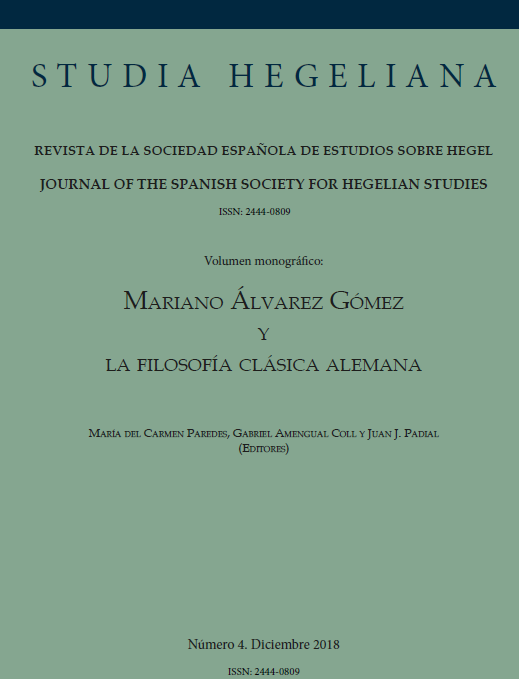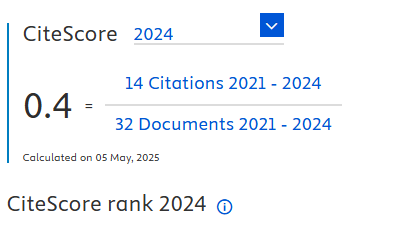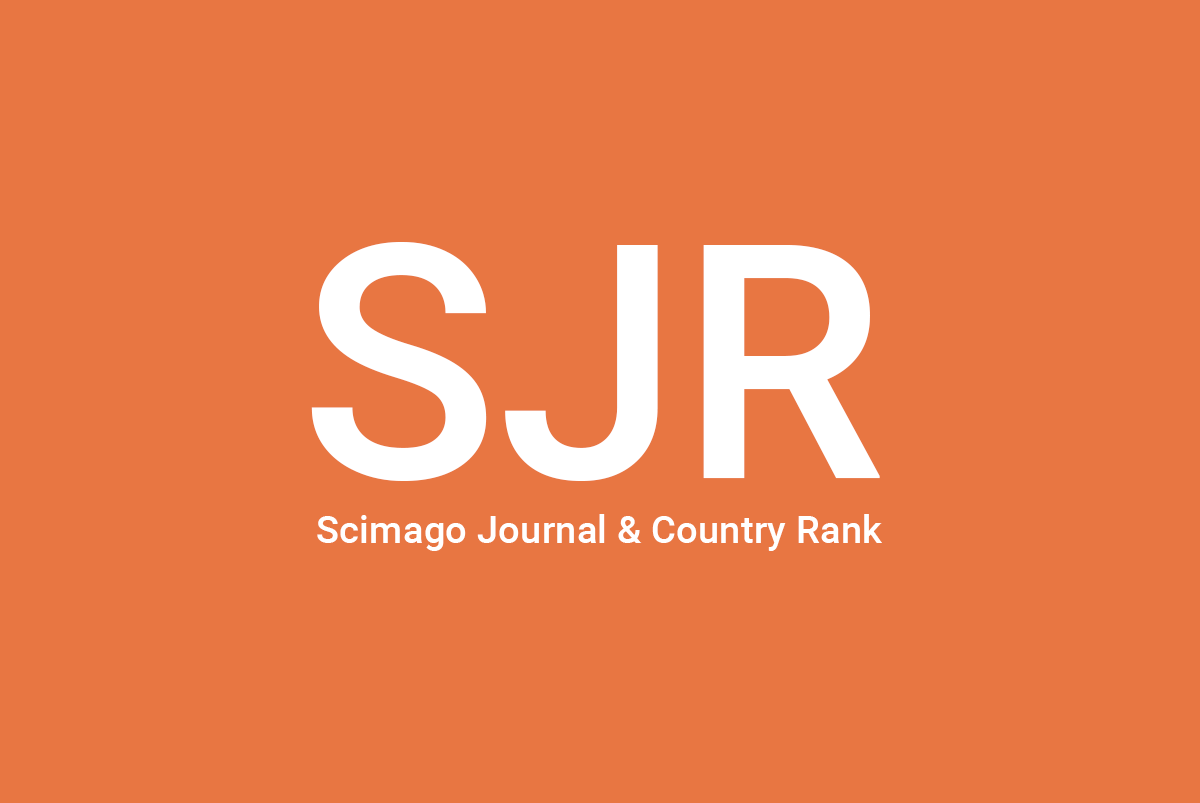Faith and Trust. Hegel’s Interpretation of the Lifeworld Consciousnes
DOI:
https://doi.org/10.24310/stheg.4.2018.11380Keywords:
LEBENSWELT-CONSCIOUSNESS, BELIEF, SPECULATION, REASONAbstract
For Hegel’s speculative thinking, what is usually called «Lebenswelt”»since Husserl and Alfred Schütz seems to have no particular systematic meaning. Everything that refers to a Lebenswelt-consciousness seems to appear only under its negative side: as deficient modes of knowledge, contaminated with sensibility, as absence of reason and of its concept –«unreason»- and therefore as a renounce to reason. According to Hegel, the immediate knowledge in the sense of Jacobi’s «belief», whose concept goes back in fact to the Common Sense-philosophy of Thomas Reid, «must also be identified [with] inspiration, the heart’s revelations, the truths implanted in man by nature, and also in particular, healthy reason or Common Sense, as it is called. All these forms agree in adopting as their leading principle the immediacy, or self-evident way, in which a fact or body of truths is presented in consciousness.»
Downloads
Metrics
Publication Facts
Reviewer profiles N/A
Author statements
Indexed in
-
—
- Academic society
- N/A
- Publisher
- Universidad de Málaga
References
Downloads
Published
How to Cite
Issue
Section
License

This work is licensed under a Creative Commons Attribution-NonCommercial-ShareAlike 4.0 International License.
This journal provides immediate free access to its content under the principle of making research freely available to the public. All contents published in Studia Hegeliana. Journal of the Spanish Society for Hegelian Studies, are subject to the Creative Commons Attribution-NonCommercial-ShareAlike 4.0 licence (specifically, CC-by-nc-sa), the full text of which can be found at <http://creativecommons.org/licenses/by-nc-sa/4.0>. Derivative works are therefore permitted as long as they are not used for commercial purposes. The original work may not be used for commercial purposes. The journal is not responsible for the opinions expressed by the authors of the works published in it.
It is the authors' responsibility to obtain the necessary permissions for images that are subject to copyright.
Authors whose contributions are accepted for publication in this journal retain the copyright. It is non-exclusive right to use their contributions for scholarly, research and educational purposes, including self-archiving or deposit in open access repositories of any kind.
Since volume 7 of 2021 the journal Studia Hegeliana has changed the copyright. Since that year the authors have retained the copyright.
The electronic edition of this journal is published by the Editorial de la Universidad de Málaga (UmaEditorial), being necessary to cite the source in any partial or total reproduction.







244.png)






















